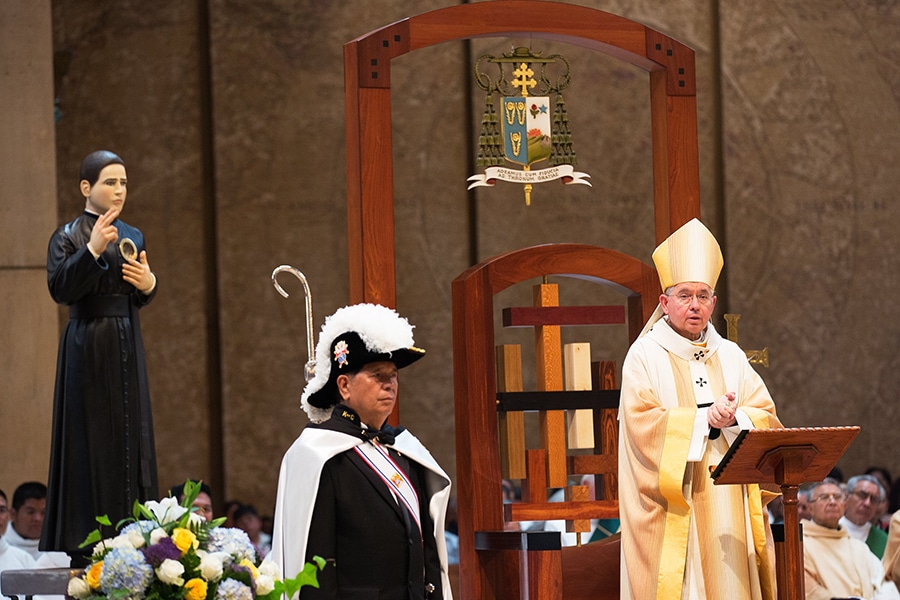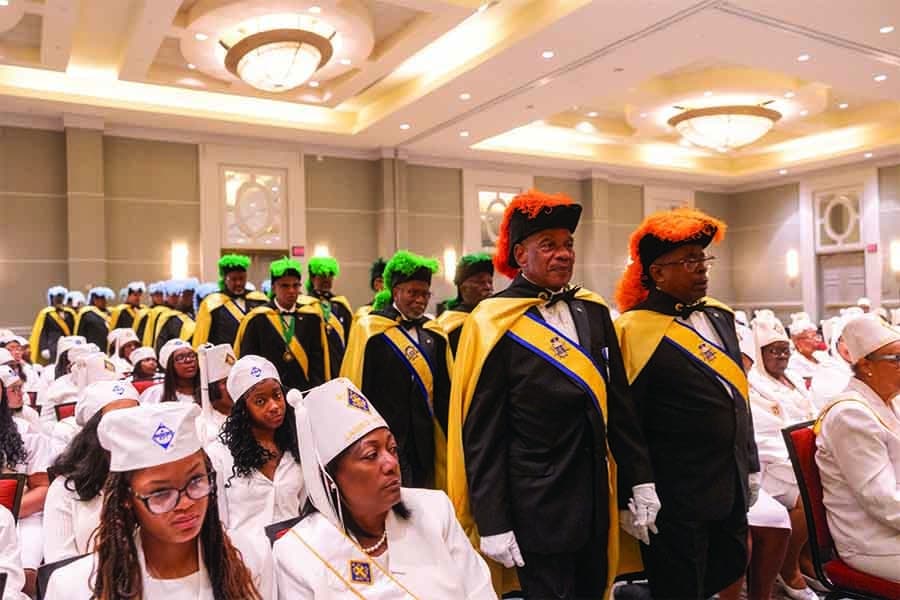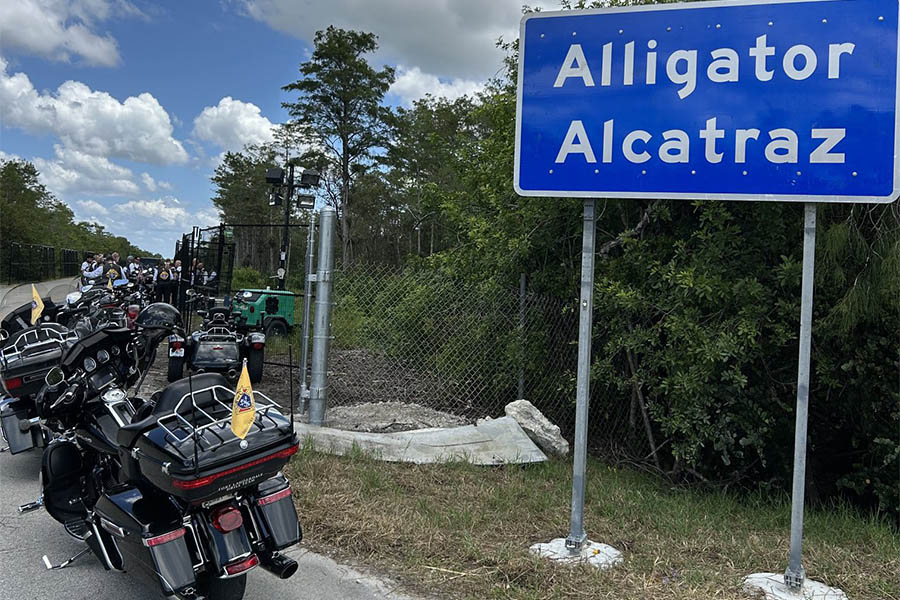We need to change the narrative about migration. Cities like New York and Chicago are using the language of burden, of being overwhelmed, of not being able to handle the number of newcomers. Yet these urban areas have received far fewer numbers than the South Florida community. Here, we have continued to show an adept ability to absorb and resettle high rates of migrants or asylum seekers. Some estimate that several hundred thousand migrants and/or asylum seekers have moved into South Florida in the last year or two. As Randy McGrorty, the CEO of Catholic Legal Services, which sees some 3,000 immigrants a month, says, “We just somehow make it work.”
Last month, McGrorty helped organize a “Miami Opportunity Summit: Immigrant Contributions and Bipartisan Solutions.” This was a daylong series of panel discussions mingling local politicians, journalists, migrant advocates, social workers, and business leaders with representatives of Catholic charitable agencies, held Aug. 22.
All the participants acknowledged that migration brings challenges. Like the rest of the nation, we are not immune from the economic hardship of the nation at large and we certainly feel the pain of rising housing costs (which predates the most recent influx of migrants). But here in Miami — given our long history of dealing with inflows — we recognize that challenges also present opportunities. In a word, while our broken immigration system is a big problem, the immigrants themselves are not problems.
For example, in 2019, there were over 247,000 immigrant entrepreneurs in the Miami metropolitan area. Immigrants were also 37.9 percent more likely to be entrepreneurs when compared to U.S.-born residents, according to the summit organizers. In addition, there are over 2,570,000 immigrants residing in the Miami metropolitan area who pay over $19 billion in local, state, and federal taxes, and have a spending power of over $60 billion.
With an unemployment rate of 2.6 percent, there are only 64 applicants for every 100 open jobs in Florida, a situation which has only been exacerbated by the recent passing of SB1718. That ill-conceived legislation has caused fear (often unfounded) among many immigrant workers who play a critical role in Florida’s economy.
What is not commonly understood is that, while the Administration has allowed many migrants to enter the U.S. to pursue asylum claims, there is no mechanism in place to assure timely hearings and adjudications of these claims. At the same time, the Administration is reluctant to grant work permits to the very people they have allowed into the country. The president should use his legal authority under the “Significant Public Benefit” provisions of immigration law and provide work permits for noncitizens (immigrants already in the U.S. who are currently ineligible, and new migrants seeking to fill jobs not taken by citizens).
South Florida knows how to make it work. The U.S. can overcome the challenges of migration if we recognize the opportunities the immigrants themselves offer.
Read More Immigration & Migration
Copyright © 2023 OSV News








